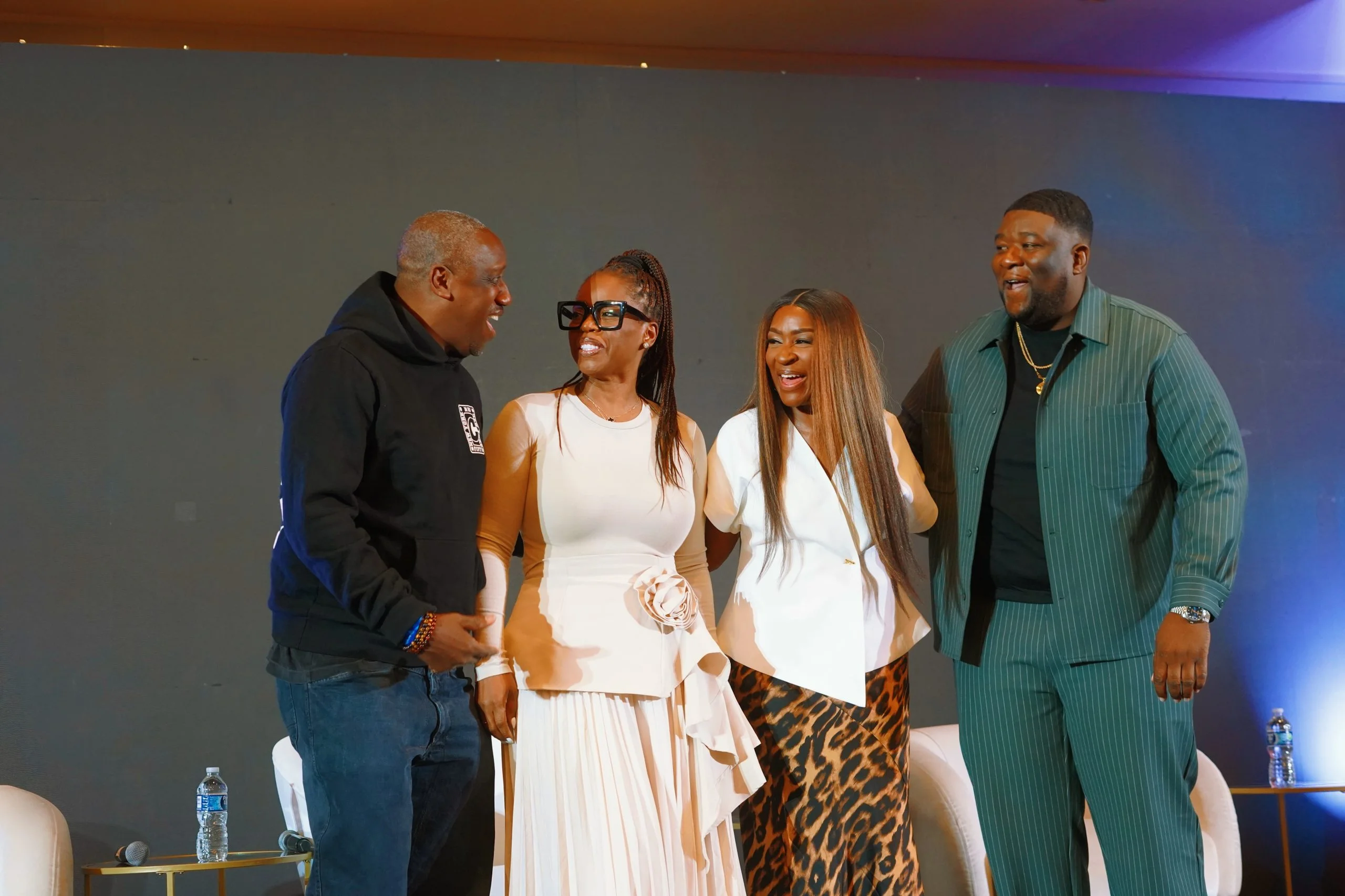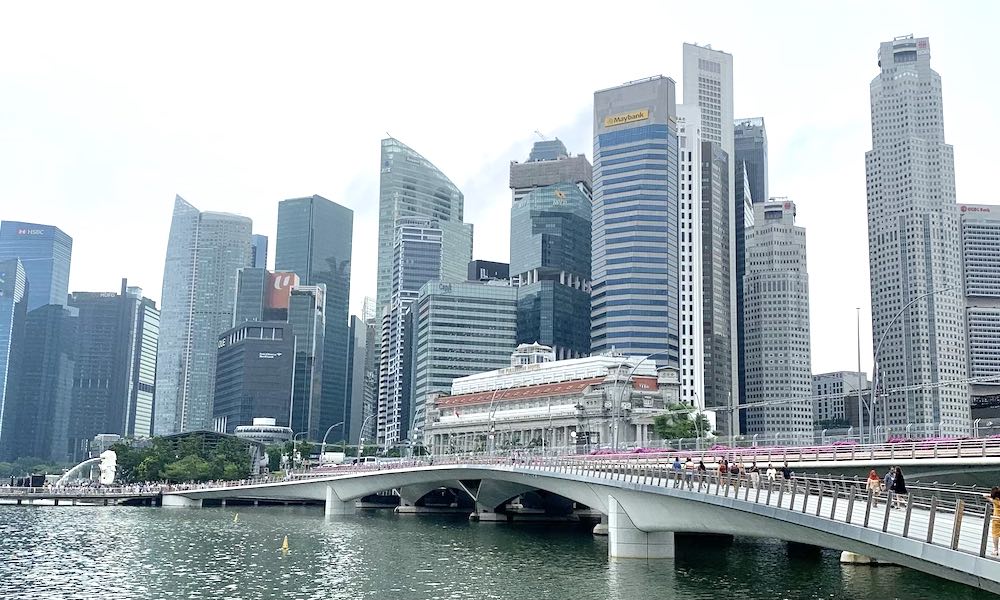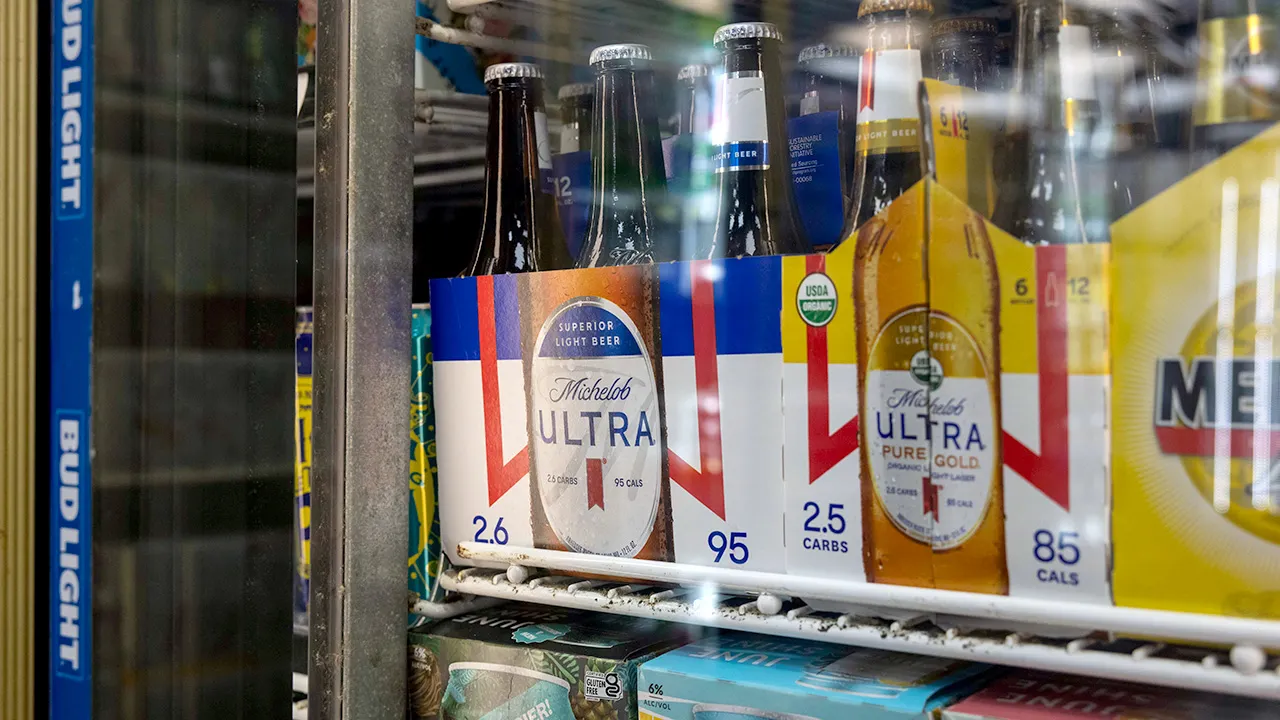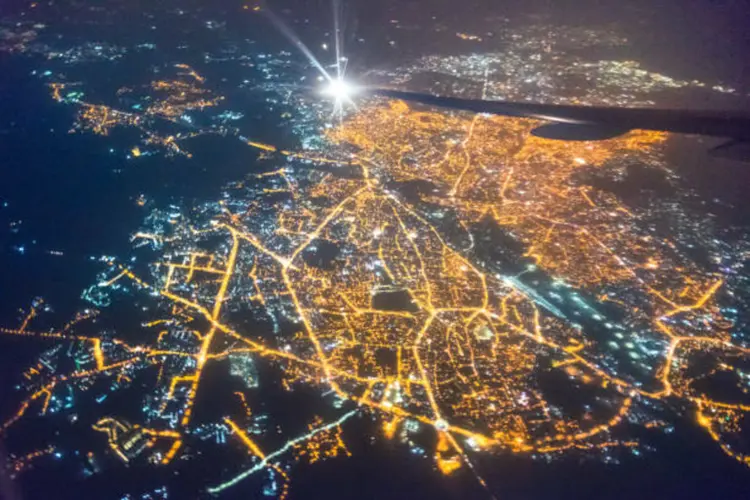Bridging the Unspoken Gaps Between Africa and the Diaspora: AFRICON Panel at the Omni Atlanta

The Omni Hotel at Centennial Park welcomed an eager crowd of AFRICON attendees Friday, September 19, for a morning conversation that felt like part family reunion, part cultural strategy session. The panel, “Bridging the Unspoken Gaps Between Africa and the Diaspora,” brought together leaders whose work sits at the intersection of culture, business, and community. Moderated by Liberian-born strategist Barkue Tubman, the discussion featured music executive Chaka Zulu, AfroFuture founder Abdul Abdullah, global business consultant Dora Din Whittley, and artist and activist David Banner. Each panelist offered a distinct perspective on how to close the gaps that still separate Africans on the continent from their brothers and sisters in the diaspora.
Tubman set the tone by reminding the audience that while the panelists’ careers span industries—music, entrepreneurship, activism, and cultural exchange—they share a common mission. “These are culture creators,” she said. “And whether you’re in America or Africa, you’ve felt the impact of their work.”
For Abdul Abdullah, bridging the gap begins with reclaiming narrative power. “Storytelling is the biggest gap that we are facing right now,” he said. “For so long, our stories have been told for us. Now, with the internet and with technology, we have the opportunity to connect in real time, to champion our own stories, and to rewrite the narratives that have been prescribed for us.” Abdullah stressed that control of the platforms and infrastructure behind those stories is just as vital as the stories themselves.
Chaka Zulu, a longtime cultural connector, tied his commitment to Africa to his family history. Growing up, his mother sang background for the legendary Miriam Makeba, instilling in him a deep connection to the continent. For Zulu, the most transformative act is simply going. “My first trips to Africa changed my life,” he recalled. “I realized I kept traveling to London and Europe, but I had never been to Africa. Once I went, I was inspired to bring others with me. Every trip, I bring two, five, ten, twenty people so they can see and get infected with what I was infected with—the beauty of Africa.”
He noted that travel is more than tourism. It’s about shattering stereotypes and building trust. “Obviously Africa has its struggles,” he said, “but if we don’t break the stereotypes that we have of each other, we will never understand each other. That’s one of the biggest gaps.”
Dora Din Whittley, CEO of the Whittley Agency, spoke to the need for a mindset shift on both sides. “If we’re operating in silos, that hinders our progress forward,” she said. “It begins with, rather than stating what’s mine, asking what does ours look like? What happens when we share resources, relationships, and skills?”
Whittley emphasized building equitable partnerships. “The goal is not to come take over,” she explained. “It’s to say, how do we win together? How do we create systems that allow us to scale products globally, while ensuring that those who are on the ground benefit too?”
David Banner reminded the audience that true progress means moving beyond old structures. “Our true freedom is in the unknown,” he said. “If what we had here worked, we wouldn’t be sitting here now. We need to sit in front of each other, get to know each other, and build new systems that aren’t parasitic.”
Banner shared how empowered he felt during his first extended visit to Africa, where “every billboard and every person in power was Black.” That experience, he said, reinforced his commitment to ownership models that pour into artists, children, and communities on both sides of the Atlantic.
In a powerful close, Barkue Tubman announced the launch of the Continental Collective, a new platform she co-founded with Dora Din Whittley and Ayisha Obafemi. The initiative aims to forge intentional connections between Africa, the U.S., and the Caribbean through global culture, commerce, and trade. “Our goal is to make sure we bridge this gap where trade, commerce, and local impact are at the core,” Tubman said. “It’s about forging partnerships that are mutually beneficial, rooted in knowledge transfer and sustainable development.”
By the conversation’s end, audience members were able glean clear takeaways, namely that ownership, infrastructure, and intentional collaboration are key to bridging the unspoken gaps. Whether through storytelling, travel, business strategy, or new systems of investment, the panelists urged the audience to embrace the idea of “Africa First.”
As Chaka Zulu put it, “We have to travel, we have to interact, and we have to build trust. If we can do that, we’ll be alright.”



